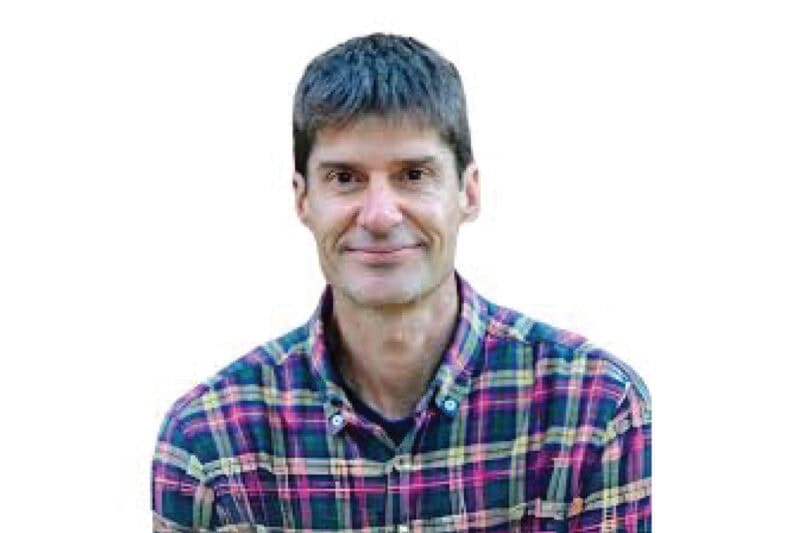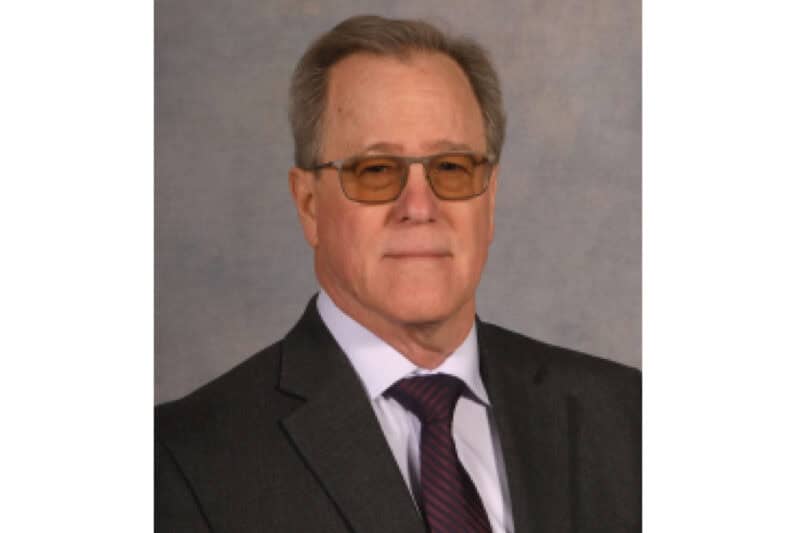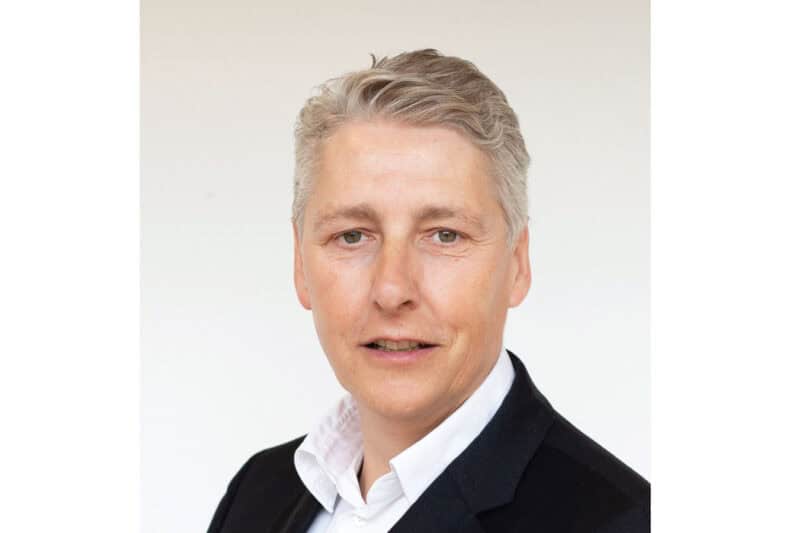Real People. Real Science. Real Results.
Balchem Animal Nutrition & Health is the global leader in choline production, nutrient encapsulation, chelated minerals and functional ingredients. With a growing portfolio of products and a dedication to innovation and industry sustainability, Balchem Animal Nutrition & Health is leading the charge to meet the nutritional needs of ruminants, swine, poultry, aquaculture and companion animals. Our product solutions work to fulfill the unique needs of various animal species including nutrition, gut health, and feed quality. We also understand that due to animal diversity and the ever-shifting environment in which they’re raised, no animal or situation is the same. Together, we can solve the animal nutritional challenges of today to shape a better tomorrow.
Our Products







